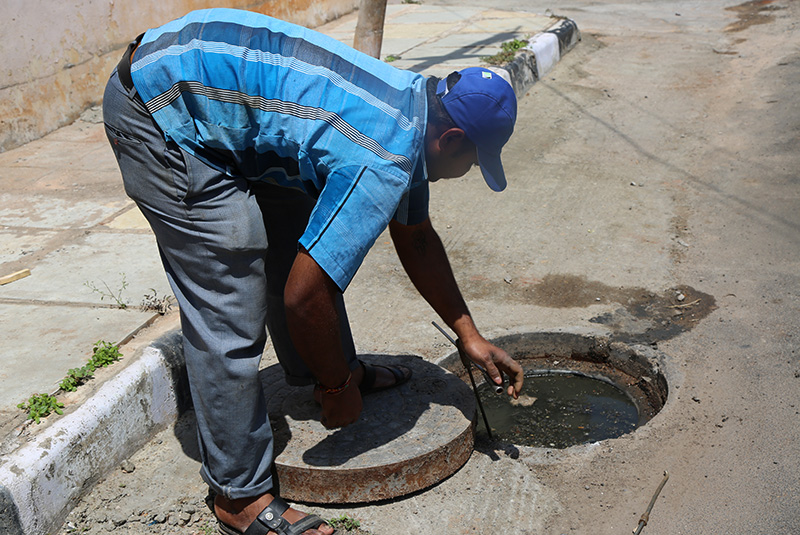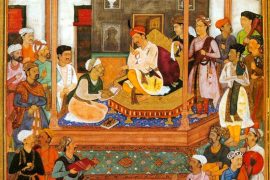One of the lasting images of Kasturba’s early life with Gandhi shows how he, almost violently, dragged his wife out of their Durban home for expressing disgust at being forced to clean others’ chamber pots. In the decades hence, Gandhi, as part of his life’s missions, carried forward his campaign for clean latrines and crusade against manual scavenging being thrust upon certain communities.
Yet, the scourge of manual scavenging continues even today, seventy decades after Independence.
In September last year, just six days after losing his son to pneumonia, 37-year-old Anil died of asphyxiation when he inhaled toxic fumes after the rope suspending him into a stagnant sewer line in India’s capital city, Delhi, snapped. Only one week prior, five men had died while cleaning a sewage treatment plant in Delhi.
In theory, the long arm of the law prohibits many menaces considered antithetical to an inclusive society. Caste-based discrimination is illegal as is the dangerously inhumane practice of manual scavenging, which entails cleaning, disposing or handling human excreta from latrines and sewers.
Copyright©Madras Courier, All Rights Reserved. You may share using our article tools. Please don't cut articles from madrascourier.com and redistribute by email, post to the web, mobile phone or social media.Please send in your feed back and comments to editor@madrascourier.com











